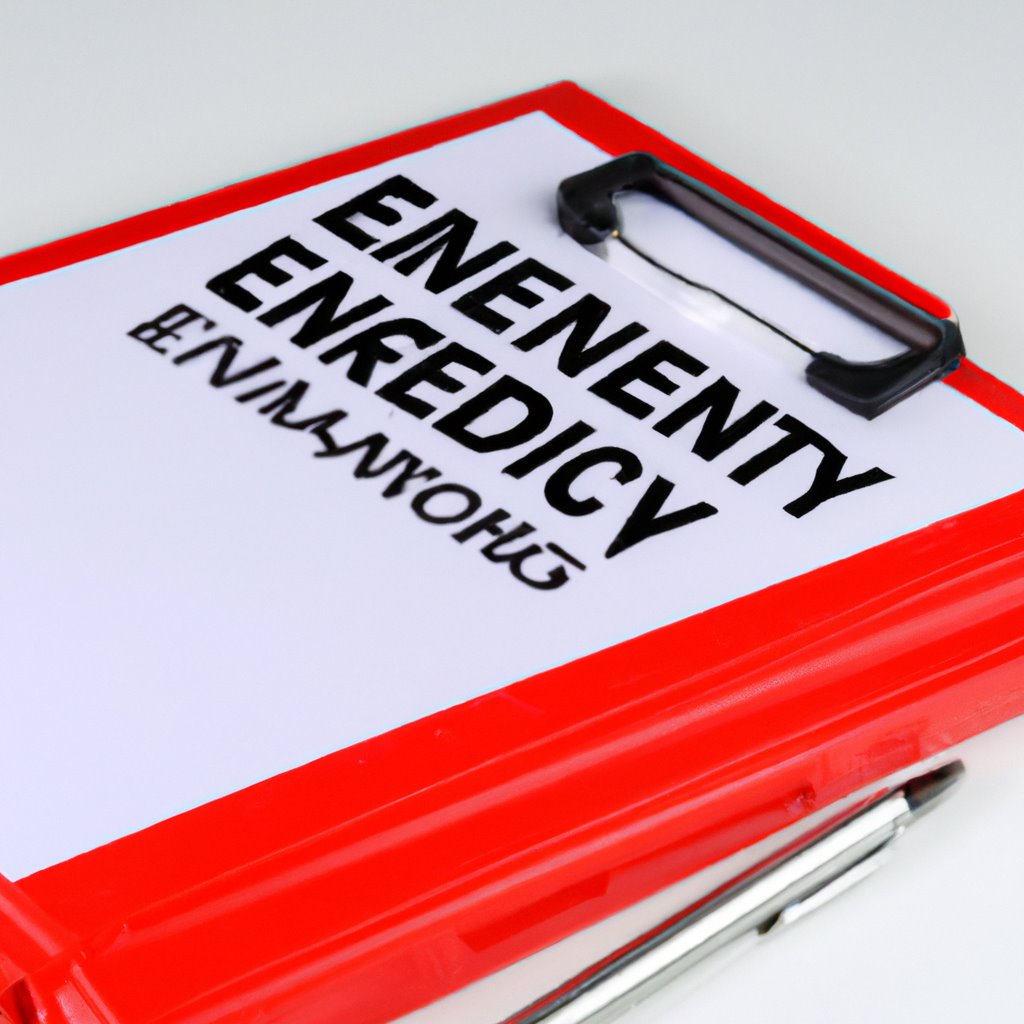As natural disasters, accidents, and other emergencies can strike at any time, it is important to be prepared in case of such an event. Emergency preparedness is the process of ensuring that individuals, families, and communities have the necessary plans, supplies, and resources in place to respond effectively to an emergency situation.There are many potential emergency situations that could occur, including hurricanes, wildfires, earthquakes, floods, and terrorist attacks. Each of these events requires a different strategy for preparedness, but the basic principles remain the same: have a plan, have supplies, and be informed.The first step in emergency preparedness is to create a comprehensive emergency plan. This plan should outline what to do in various emergency scenarios, including where to go, how to communicate with loved ones, and what supplies to bring. It is important to involve all members of the household in creating and practicing this plan, so that everyone knows their role in the event of an emergency.One important aspect of an emergency plan is evacuation. In some cases, it may be necessary to evacuate your home or community to stay safe. Make sure you have a designated meeting place for family members, as well as a route to get there. It is also important to identify multiple evacuation routes, in case one is blocked or unsafe.Another critical aspect of emergency preparedness is having a well-stocked emergency kit. This kit should include basic supplies such as food, water, medication, first aid supplies, and important documents. It is recommended to have enough supplies to last at least three days, as it may take time for emergency services to reach you in the event of a disaster.In addition to creating a plan and gathering supplies, it is important to stay informed about potential emergencies in your area. Sign up for emergency alerts from local authorities, and keep a battery-operated or hand-crank radio on hand to receive updates. Stay informed about potential risks in your area, so that you can be prepared to respond quickly and effectively if needed.While individual preparedness is important, it is also crucial for communities to work together to ensure that everyone is safe in the event of an emergency. Local governments and organizations often have emergency preparedness programs in place, including evacuation plans, shelters, and volunteer programs. Get involved in these programs, and work with your neighbors to create a strong support network in case of an emergency.In conclusion, emergency preparedness is a vital aspect of ensuring the safety and well-being of individuals, families, and communities in the event of a disaster. By creating a comprehensive emergency plan, gathering supplies, staying informed, and working together with others, you can be better prepared to respond effectively to any emergency situation. Remember, it is always better to be prepared and not need it, than to be caught off guard in a crisis.


leave a comment